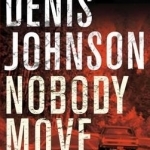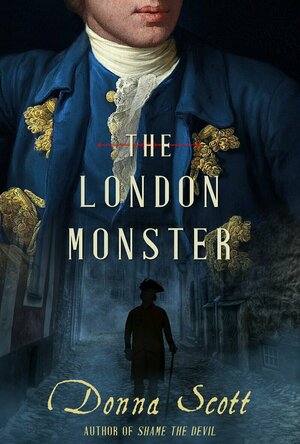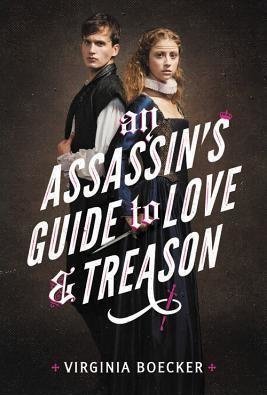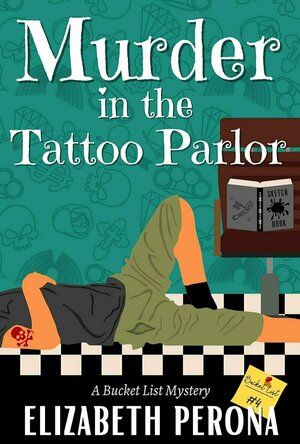
Love's Labour's Lost
William Shakespeare and Nicholas Walton
Book
William Shakespeare's comedy Love's Labours Lost is edited with an introduction by John Kerrigan in...

Nobody Move
Book
Jimmy Luntz owes money to a man called Juarez. Trouble is, Juarez isn't the most patient of men. And...

The London Monster
Book
In 1788, exactly one hundred years before Jack the Ripper terrorizes the people of London, a sexual...
Historical Fiction

A History of Violence (2005)
Movie Watch
Tom Stall (Viggo Mortensen) is living a happy and quiet life with his lawyer wife (Maria Bello) and...

Outback Sisters
Book
Cafe owner Frankie has been unlucky in love all her life. It's hard in a small town like Bunyip Bay...

The Wrong Mans - Season 2
TV Season
From actor/writer duo James Corden and Mathew Baynton, The Wrong Mans series centers on Sam Pinkett...

The Wrong Mans - Season 1
TV Season
From actor/writer duo James Corden and Mathew Baynton, The Wrong Mans series centers on Sam Pinkett...

An Assassin's Guide to Love and Treason
Book
When Lady Katherine's father is killed for being an illegally practicing Catholic, she discovers...
historical fiction young adult ya romance Shakespeare

Murder in the Tattoo Parlor
Book
When Joy wants to get a tattoo to surprise her fiancé Roy Stockton (and check off another Bucket...
Merissa (13792 KP) rated The Schoolmaster's Daughter in Books
Apr 24, 2025
Julius is neck-deep in debt and has come up with a plan to marry an heiress to get himself out of it. When a friend tells him of an heiress in Bath, far from the London crowd that knows of his predicament, he travels there and tries to win her hand. Unfortunately for him, the woman he presumes is the companion is actually an heiress herself and none too pleased with his plan. So Lydia decides to teach him a lesson, all of which leads to an amusing story of brightly coloured fashion disasters and wayward children.
This story is well-paced and treads lightly on topics such as generational debt, forced elopement, blackmail, and poverty. It made for a great read to see Lydia's feelings of guilt make themselves known once she started to have feelings for Julius. It is a sweet read, with no spice, that perfectly suited the cooked-up scheme between Julius and Lydia.
A thoroughly enjoyable read that I have no hesitation in recommending.
** Same worded review will appear elsewhere. **
* A copy of this book was provided to me with no requirements for a review. I voluntarily read this book; the comments here are my honest opinion. *
Merissa
Archaeolibrarian - I Dig Good Books!
Apr 18, 2025
